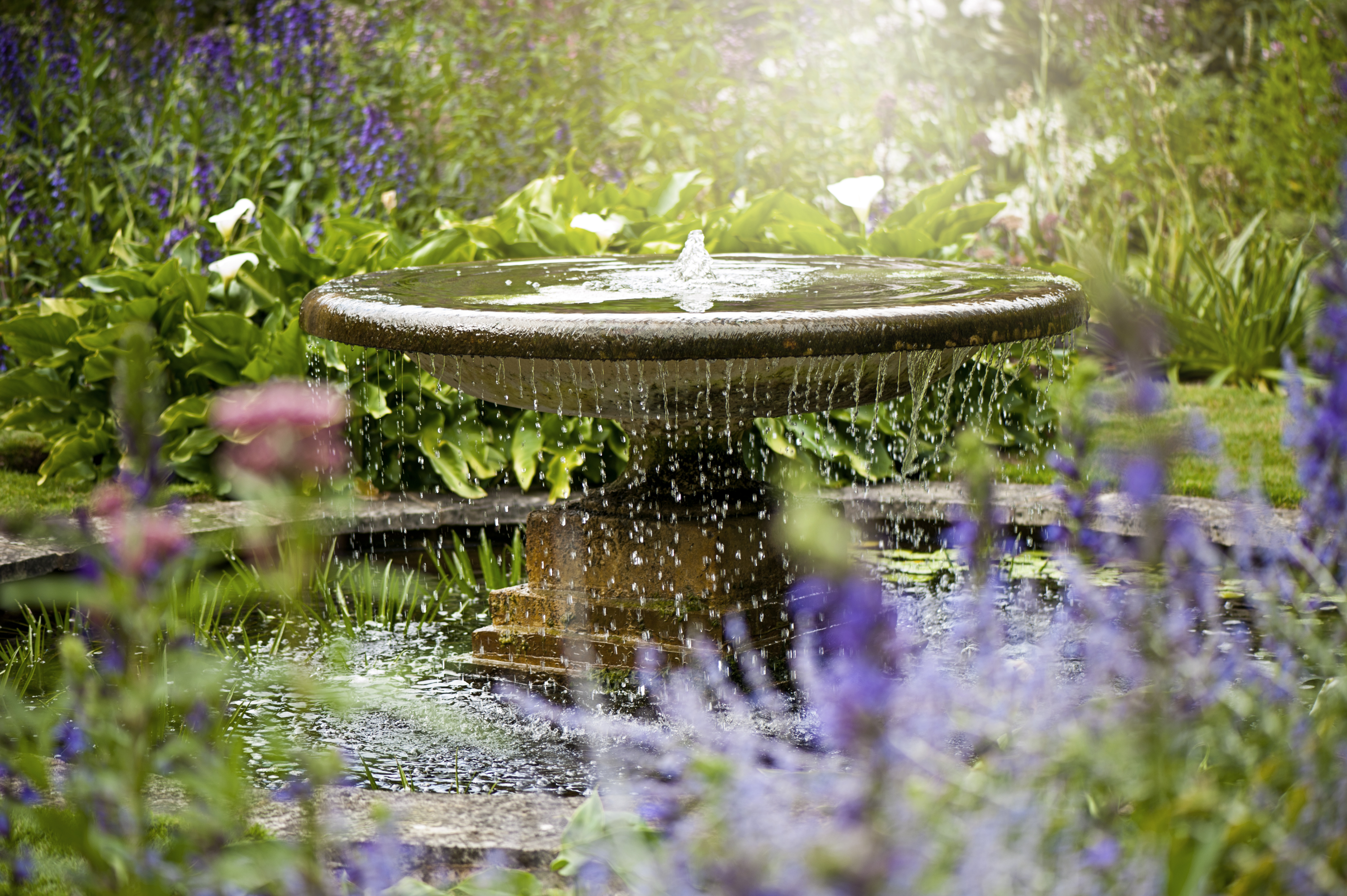
Get matched with top fountain pros in Littleton, ME
Enter your ZIP and get matched with up to 5 pros
Need a pro for your fountain service project in Littleton, ME?
Find Fountain pros in Littleton
Cushing Construction
Cushing Construction
we accept credit cards, cash, checks
we accept credit cards, cash, checks
LUNAFORM
LUNAFORM
Manufacturer of garden planters, urns, amphoras, birdbaths, fountains, lanterns, tables, and benches. All products are made of hand turned, steel reinforced, concrete.
Manufacturer of garden planters, urns, amphoras, birdbaths, fountains, lanterns, tables, and benches. All products are made of hand turned, steel reinforced, concrete.
The Littleton, ME homeowners’ guide to fountain services
From average costs to expert advice, get all the answers you need to get your job done.
 •
•Discover how much it costs to build a pond. Learn about average prices, cost factors, and tips to plan your backyard pond project with confidence.

Maintaining your backyard pond keeps it clean and in good condition. Learn how much pond maintenance costs and what factors can affect the price.
 •
•Discover the average outdoor water fountain installation cost, including key price factors and tips to help you budget for your project.

Regular outdoor fountain maintenance will keep your water feature looking and working great. Follow these tips to learn how.

The right koi pond size is crucial for both the health of the fish and your enjoyment of the pond. Use this guide to figure out the right size for you.

A backyard oasis could be just a few steps away. Get koi pond ideas to inspire your own backyard water landscaping and answers to commonly asked questions.
- Roofing in Littleton
- Electrical in Littleton
- Tree Service in Littleton
- Kitchen And Bath Remodeling in Littleton
- Driveways in Littleton
- Septic Tank in Littleton
- Siding in Littleton
- Lawn And Yard Work in Littleton
- Exterior Painting in Littleton
- Flooring in Littleton
- Excavating in Littleton
- Fencing in Littleton
- Pressure Washing in Littleton
- Foundation Repair in Littleton
- Garage Doors in Littleton
- Pest Control in Littleton
- Home Builders in Littleton
- Leaf Removal in Littleton
- Insulation in Littleton
- Concrete Repair in Littleton
- Garbage Collection in Littleton
- Contractor in Littleton
- Stone And Gravel in Littleton
- Handyman Service in Littleton
- Landscaping Hardscaping And Pavers in Littleton
- Windows in Littleton
- Drywall in Littleton
- Chimney Sweep in Littleton
- Roof Ice And Snow Removal in Littleton
- Gutter Cleaning in Littleton